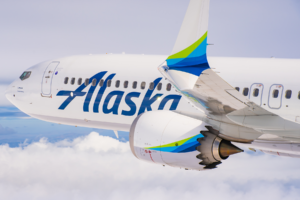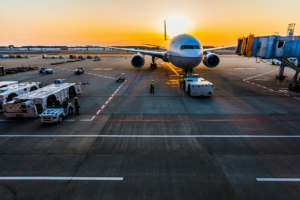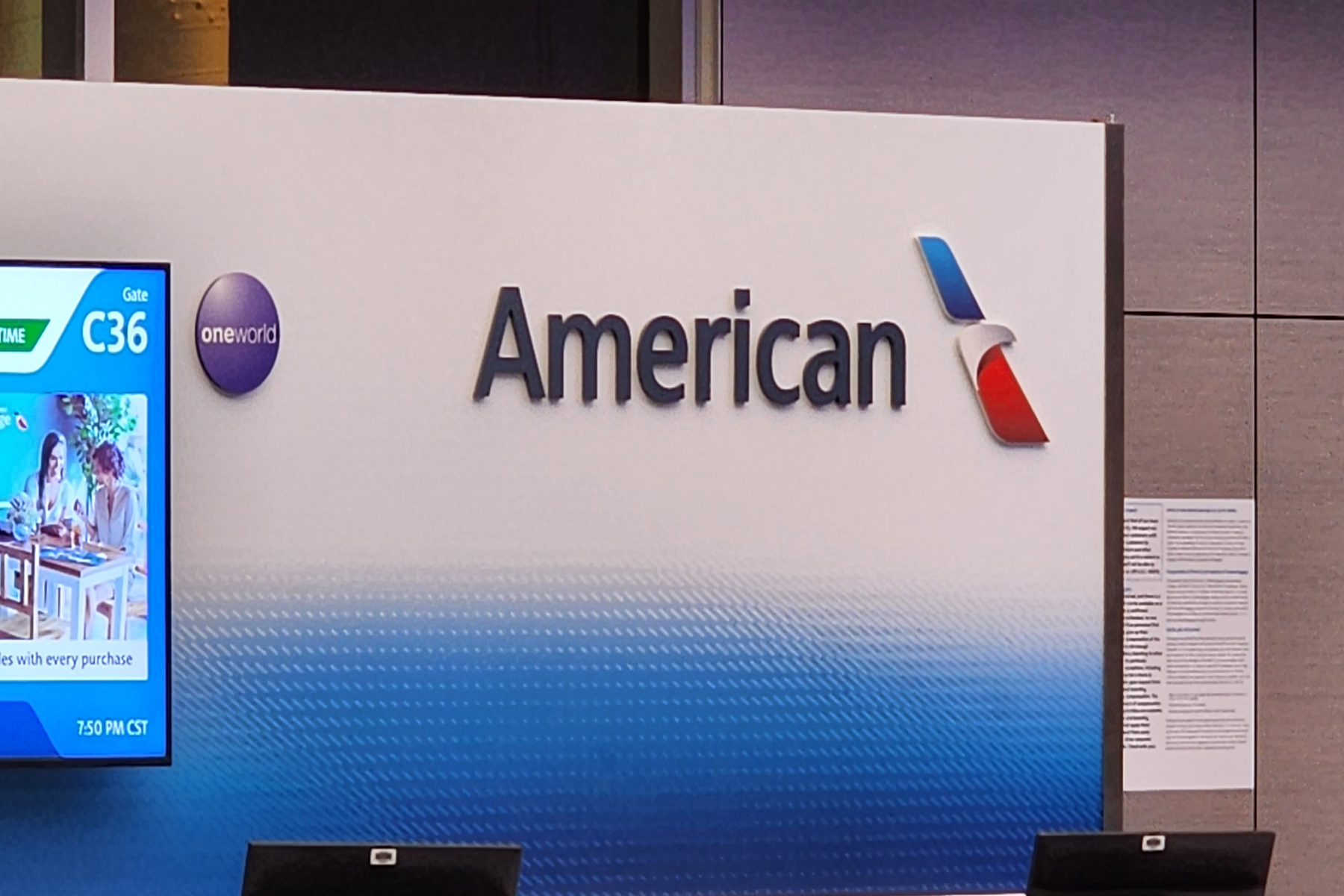The Dos and Don’ts of Exchanging Money Abroad

International travel can be all sorts of complicated. Between not speaking the language and not knowing your way around, thinking of the best way to obtain local currency is probably on the back burner for many people. And the thing is, it’s not like exchanging money is that hard. The problem is, the easy ways are also the costliest. Let’s discuss some of the dos and don’ts of exchanging money in a foreign country.
Don’t Use Credit Cards to Withdraw Cash from ATMs
This is probably the most expensive mistake you can make. Withdrawing cash from a foreign ATM using a credit card comes with all sorts of fees: ATM fee, foreign currency conversion fee, bank fee and the worst of them all—high APR rates that start the moment you withdraw cash from a machine. I’m going to nip this practice in the bud right now and just say, “Don’t do it.”
Do Use Debit Cards That Charge No ATM Fees
A number of banks, such as Charles Schwab and Fidelity, issue debit cards that don’t charge ATM withdrawal fees. Furthermore, they reimburse the fees charged by automated teller machines, so you don’t have to lose money on every transaction. This gives you an opportunity to withdraw as little money as you need without being hit with ATMs costs every time.
Don’t Convert Cash with Exchangers That Charge Commission
You’ll notice this practice is especially popular in Europe. Not only is the exchange rate significantly below the bank’s rate for the day, but a currency exchange place will slap you with a commission fee on top of it. You might as well give your money to a homeless man standing outside the exchange kiosk.
Do Use Credit Cards That Waive Foreign Transaction Fees
If credit cards are a popular payment method in a country you visit, I recommend using one that waives foreign transaction fees to cover your spending. An average fee is 3% of your total charge, so this is a nice way to save money when traveling internationally. Just make sure to pay in local currency when settling the bill. Otherwise, you’ll be charged conversion fees by the merchant, which are sometimes higher than foreign transaction fees imposed by your bank.
Don’t Buy Foreign Currency from a Bank in Your Country
Your financial institution is able to obtain foreign currency should you order some bills before your trip. By doing this, you probably feel safe that you won’t be stranded or go hungry without cash in your pocket. However, your bank will sell you foreign currency at a less-than-favorable rate and make a profit on your precautions. It might seem smart, but I don’t recommend doing this. You’ll be better off exchanging a small amount of cash upon arrival at the airport.
Do Download a Currency Conversion App on Your Phone
Speaking of exchanging cash at the airport, although it’s not always the best place to do so, don’t be afraid to exchange some money. Make sure to cross check the offers with one of the many available currency conversion apps to ensure the exchange is fair and act based on the result. It might sound surprising, but a number of airport money exchangers offer competitive rates. For example, the best currency conversion rates that I saw on my three-and-a-half-week trip to Vietnam were at Tan Son Nhat International Airport in Ho Chi Minh City. Google also can help you find the answer by comparing the two currencies in question.
Do Carry Large, Crisp Bills on You
Depending on the country you visit, some money exchangers scoff at bills with folds or tears that have seen better days. For this reason, make sure the bills you carry into a foreign country are new and crisp. It’ll help you exchange them without much hassle. Additionally, large bills are in demand. I was able to get more local currency in Asian countries, such as Myanmar, Thailand and Vietnam, by exchanging $50 and $100 bills. Twenties and bills of lesser denominations weren’t worth the same.
What kind of money-exchanging and money-saving techniques have you learned while traveling?
[Source: Flickr/Bindalfrodo]

























One thing I learned on a multi-country ground tour is to exchange bills from the last country as soon as you get to the next one. I don't know how economically efficient it is, but in general I find it most helpful to use ATMs with a debit card, buy a bit of cash ahead of time in the U.S. at Travelex, and ignore penny-pinching. One question I do have, however: when using a credit card and the merchant gives you the choice of running the transaction in USD or local currency, is there any advantage to choosing one or the other 1) when the cc charges a 3% conversion fee and 2) when it doesn't. I ran into this choice in South America and if I remember, Turkey.
"Don’t Buy Foreign Currency from a Bank in Your Country" I have heard exactly the opposite advice! When tourists come to your country and change money, your country's banks are left with stacks of foreign currency that has to be shipped to the country of origin, swapped for your currency, and that currency shipped back to your country. When you buy foreign currency in your own country, the bank can skip these steps and are supposed to give you a better rate.
You’ll be better off exchanging a small amount of cash upon arrival at the airport. **** I would not be better off, thank you. The last thing I want to do on deplaning, especially after an overseas flight, is to hunt through a crowded airport for an ATM where there is often a line of people earnestly following the advice they saw on a messageboard. It's not that I think I would be 'stranded', it is that my time is worth something, to say nothing of avoiding aggravation. The amount of cash I need is small in most countries I visit (credit cards do most of the work), so the bank exchange fee for the cash is relatively small. I also get a chance to familiarize myself with the notes while I am still in my own time zone.
Don't believe the hype your bank tells you. Many of these "no fee" arrangements just make up for it in other fees/charges. My credit card, for example, allows me to choose to take money out of my savings account so I can use it and NOT get charged all the fees you mention. Seems to be a very US-centric article.
Two points I would claim YMMV on: Not using credit cards to withdraw cash and using a no-fee debit card where possible. They're intertwined. Depending on the country you come from, your country may have credit cards that offer zero cash advance fees, zero foreign currency fees, and same-as-purchase APRs with few or no debit cards with no fees (like the UK). Or even if you're coming from Canada, the cheapest option to withdraw cash overseas is a credit card (Scotiabank Passport charges a fixed C$3.50 if you use a Scotiabank or partner ATM or C$7.50 otherwise, while a debit card will cost at best 1.5% at a Scotiabank or partner ATM if you bank with Tangerine and at worst $5+3.5% if you bank with TD)- just pay it off the same day.